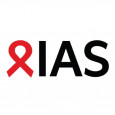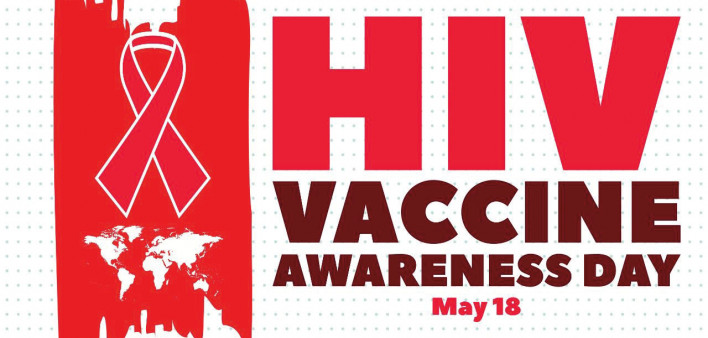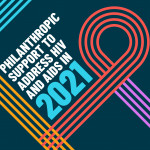On this HIV Vaccine Awareness Day, IAS – the International AIDS Society – calls for the re-engagement of all stakeholders, especially in Europe, in funding HIV vaccine research and development (R&D).
After more than 40 years since HIV was discovered, there have been breakthroughs in curbing acquisition through pre-exposure prophylaxis (PrEP) and antiretroviral therapy (ART). However, 1.5 million people acquired HIV in 2021 – one million above the 2020 global targets for ending the AIDS epidemic – and a quarter of the 38.4 million people living with HIV globally do not have access to treatment. A vaccine remains the most effective prevention method and is still elusive.
Between 2019 and 2020, funding globally for HIV preventative vaccine R&D decreased by 5.5% or USD 46 million. In comparison, European funding decreased by 31%, significantly undermining pathways to an effective vaccine.
“We call on Europe to not abandon the quest for an effective HIV vaccine. The role of an effective HIV vaccine in the global HIV response cannot be underestimated, especially in low- and middle-income countries where HIV prevalence is still high,” Marlène Bras, IAS Director, HIV Programmes and Advocacy, said. “An effective and accessible vaccine will make it much more likely that we will meet our global targets.”
The IAS Global HIV Vaccine Enterprise notes that the goal of HIV vaccine development is to give long-lasting protection with the fewest number of doses, ideally a single dose. Introducing PrEP in 2012 has proven to be an effective prevention mechanism. But it requires consistent use, and inequities in access and stigma linked to taking HIV medication persist.
An HIV vaccine would save the world billions just in ART provision. Treatment remains expensive relative to a vaccine. In Europe, 2.3 million people are living with HIV, and almost 300 people were diagnosed with HIV every day in 2021; the estimated yearly cost per client is EUR 11,638 in Spain, EUR 32,110 in Germany, EUR 14,821 in France, and EUR 6,399 in Italy.
Discontinuation of the Mosaico efficacy trial due to lack of efficacy offers lessons to build on, and there is still hope for an HIV vaccine. Strategies being pursued include the induction of broadly neutralizing antibodies and dendritic cell-based immunotherapy. HIV vaccine research played a crucial role in facilitating the development of COVID-19 vaccines. A therapeutic HIV vaccine is feasibly the key to finding a cure with remission of the virus.
The progress and the intersection of the latest HIV cure and vaccine R&D will be explored in the 2023 HIV Cure & Immunotherapy Forum at IAS 2023, the 12th IAS Conference on HIV Science, in Brisbane, Australia, this July.
The IAS is committed to ending HIV as a threat to public health and individual well-being, and we call on all stakeholders to commit to funding the development of an HIV vaccine to make that a reality.








Comments
Comments